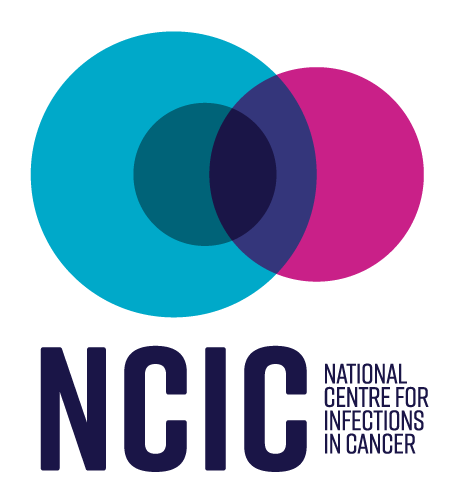Defining the role of the HOst MIcrobiome in SPECialty patient populations (HOMISPEC)
Lead- PhD Candidate Dr Olivia Smibert
The microbiome refers to the population of organisms and their genetic material that inhabit the surface of the body, particularly the gut. There is increasing appreciation for the role that this population of organisms plays in influencing both health and disease states within the gastrointestinal tract and at more remote sites in the body. This includes infectious diarrhea and inflammatory bowel disease, responsiveness to cancer chemotherapy and outcomes after organ transplant amongst others. Our understanding of the microbiome is largely based on descriptions of the bacterial populations with far less known about the other organisms, which include viruses and fungi, that make up the broader microbial ecosystem.
Homispec is evaluating whether the microbiome of hematology patients receiving specialized therapy including chemotherapy, cellular immune-based therapy (such as CAR-T or bispecific T-cell engager therapy) and those that proceed to stem cell transplant and liver transplant recipients can be used to identify patients at risk of subsequent infectious and adverse transplant-related outcomes. Patients are being enrolled at Austin Health, Royal Melbourne Hospital and Peter MacCallum Cancer Centre. Participants provide saliva samples, stool and peripheral blood samples on an intermittent but regular basis during the study period. Participant sampling is focused at times of hospitalization but participants are also be asked to provide regular, but less frequent samples while an outpatient. For outpatient samples participants are provided with home saliva, stool collection kits that they can return to the hospital at subsequent appointments to provide blood samples. Healthy and hospitalised control participants are invited to provide samples at a single time point only. Saliva, stool and plasma samples is being stored and will undergo microbiome and metabolomics analyses with collaborators at the Peter Doherty Institute and will link the activity of microbiome with the systemic immune response with patient outcomes.
Protocol for a clinically annotated biorepository of samples from Australian immune-compromised patients to investigate the host–microbiome interaction
Olivia C Smibert, Jason A Trubiano, Jason C Kwong, Kate A Markey, Monica A Slavin
In collaboration with Austin Health and The Fred Hutch Cancer Centre, Seattle we have developed a protocol for the prospective collection of paired stool and saliva with the aim of investigating the link between gut microbiome and infection outcome in liver transplant, acute leukaemia and allogeneic stem cell transplant and CAR T recipients. The study will prospectively collect specimens, including BAL and tissue biopsy where available, over a period of 5 years and is expected to enroll nearly 800 participants. All specimens will include comprehensive clinical annotation, and collection will be event driven; before, during and after transplant or immune therapy, allowing detailed analysis of the microbiome makeup.
In collaboration with Dr Claire Gordons at the Australian Donation and Transplantation (ADTB), we have collected samples from deceased organ donors. We will be able to describe, for the first time, the makeup of the transplanted enteric microbiome and investigate its effect on the organ recipient’s health.
This protocol also includes a comprehensive dietary history, via a novel technology, to investigate the extent to which dietary factors play a role in microbiota composition.
Results from this important study will inform novel targets for therapeutic manipulations such as individualised prophylaxis, precision antibiotic stewardship and microbiome-targeted interventions including dietary modification, prebiotics and faecal microbial transplant.


